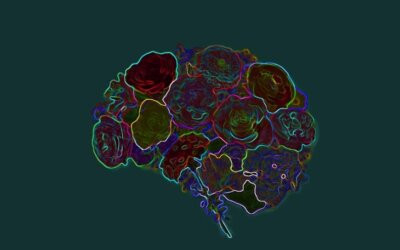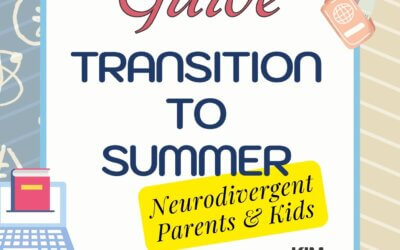To be typical is to be statistically average. To fit the norm. To be neurotypical is to have a brain and nervous system that is similar to the majority of people around you. They have similar cognitive processes, process emotions similarly, and have shared sensory experiences.
It is easy for neurotypical people to communicate legibly with one another because the underlying structures of the brain and body are similar. If your neighbour says, boy that party was loud last night, the two of you can complain for a while and move on. Your neuroatypical neighbour may not have been able to get out of bed the next morning.
Every aspect of our social world is made according to neurotypical norms, from the decibel level of backup alarms to the space between seating on the bus or in a theatre, to the speed at which learning is expected to occur. To be neurotypical is to have advantages that the neuroatypical don’t have.
Connecting
The Dots
What does it mean to be neurotypical?
To have a brain and nervous system that is similar to the majority of people around you and the advantages that come from being ‘normal’
Neurotypical people:
Have similar cognitive and emotional processes
Have shared sensory experiences
Assume that everyone else shares their way of perceiving and experiencing the world




